At just 23 years old, Songul Karatorak – known by fans as “Songoku” – has become a rising force in women’s mixed martial arts (MMA). She is ranked 97th among women MMA fighters in Europe.
In 2024, Karatorak was honored with the prestigious Women Fighter of the Year award following several victories. Her crowning moment came when she triumphed at the International Mixed Martial Arts Federation European Championship.
Soon after, she made her professional debut in the BRAVE Combat Federation, securing a first-round finish – a notable feat in one of the world’s most competitive and international MMA organizations, which has hosted events in over 32 countries. In her most recent match on July 12, 2024, however, she lost to the UK’s Mim Grubb.
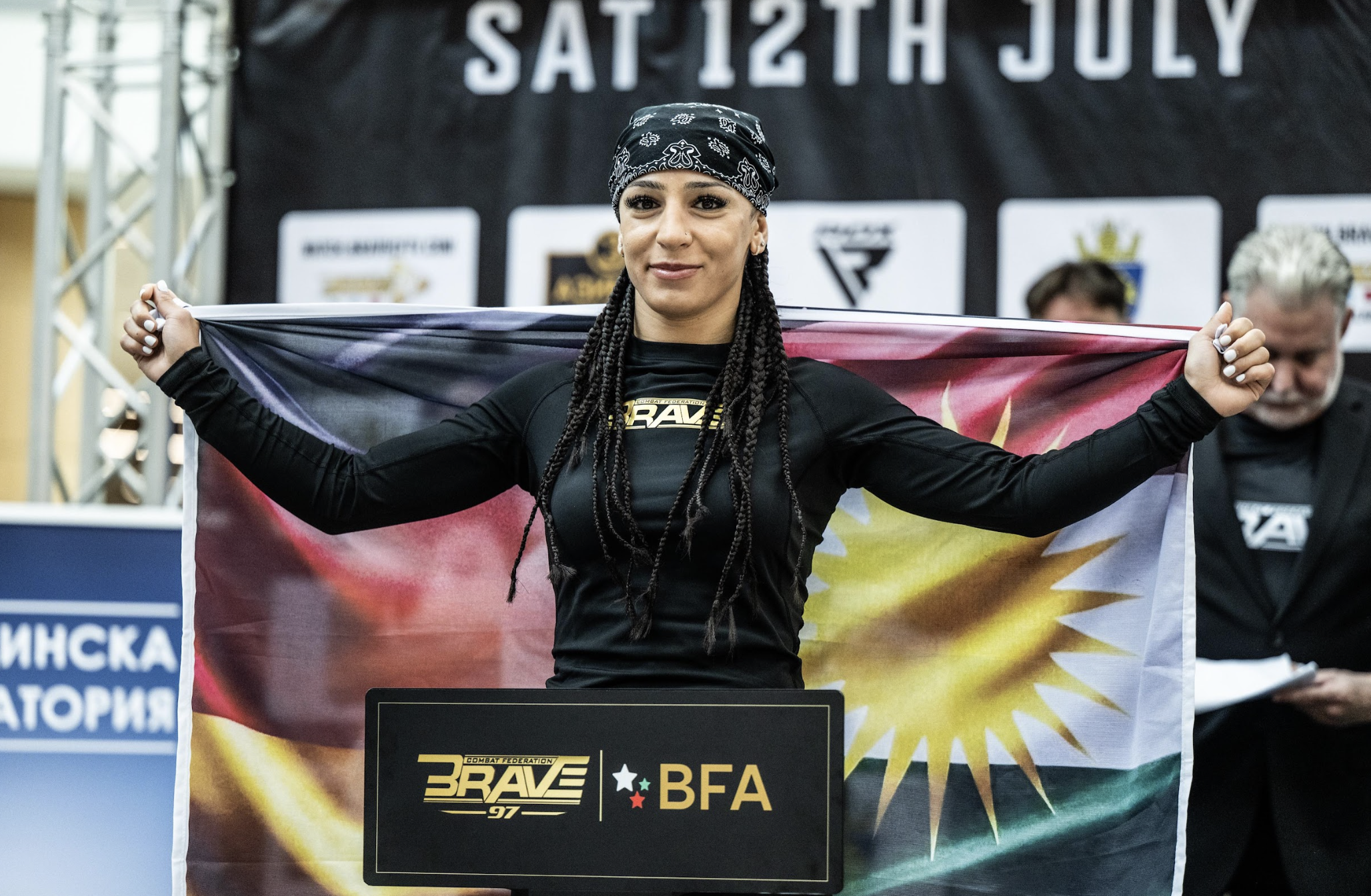
From confidence to career
Karatorak’s roots trace back to Northern Kurdistan (southeastern Turkey). Her father is from Firfeli, a village in Sirnak province, and her mother hails from Midyat in Mardin province – both historically significant Kurdish regions in southeastern Turkey. Currently, Karatorak lives in Nettetal, located in the western German state of Nordrhein-Westfalen.
Her journey into the world of combat sports began early. “My father sent me and my siblings to Thai boxing for self-defense when I was ten years old,” Karatorak told Kurdistan Chronicle. “At one gym event, a girl fought in MMA, and I saw the ground and pound. I thought: Yes, this is nice. After that, I switched to a gym in the Netherlands. I watched grappling training for a year, and after the first Covid-19 lockdown, I decided to try it myself.”
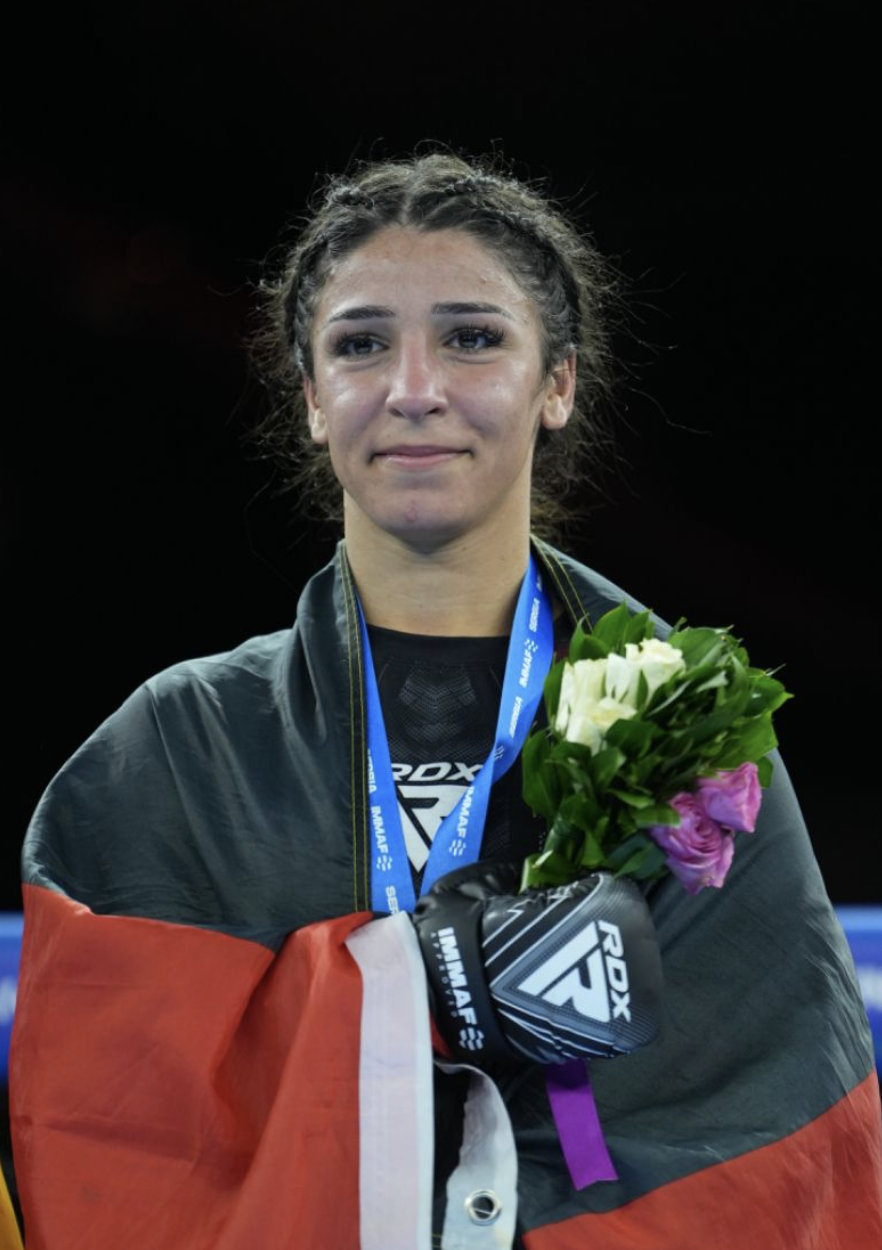
“I was also a victim as a child, and I realized that martial arts helped me a lot with building self-confidence.”
What started as a hobby grew into a professional career. Her success is all the more remarkable given the limited presence of Kurdish women in professional MMA.
“Apart from myself, my sister Meryem Karatorak is the only other Kurdish woman MMA fighter I know,” she said.
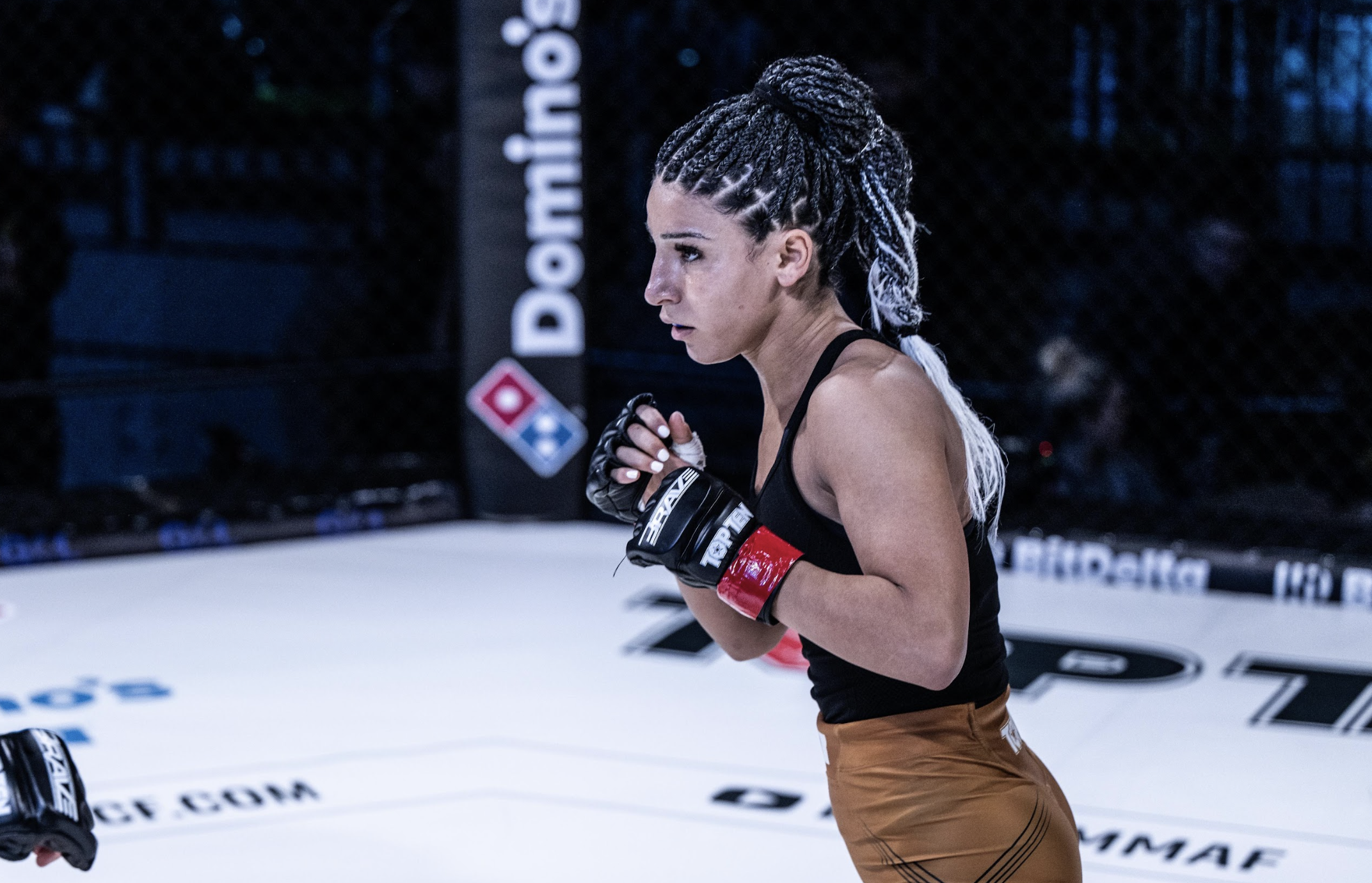
Versatility and relentlessness
Over her career, Karatorak has fought in roughly 16 MMA bouts, alongside numerous contests in grappling, wrestling, kickboxing, and Muay Thai. “I’ve competed in many grappling matches over the years. After that, I took part in about seven or eight wrestling matches. I also fought in around 12 kickboxing and Thai boxing bouts,” she recounted. Her versatility and relentless training have contributed to her reputation as a well-rounded fighter.
In the European MMA rankings, Karatorak is listed in both the Western and Balkan sub-regions – an indication of her wide-ranging competition record.
Because of the smaller number of women fighters compared to men, women are often ranked “Pound for Pound” across all weight divisions, rather than by individual weight class.
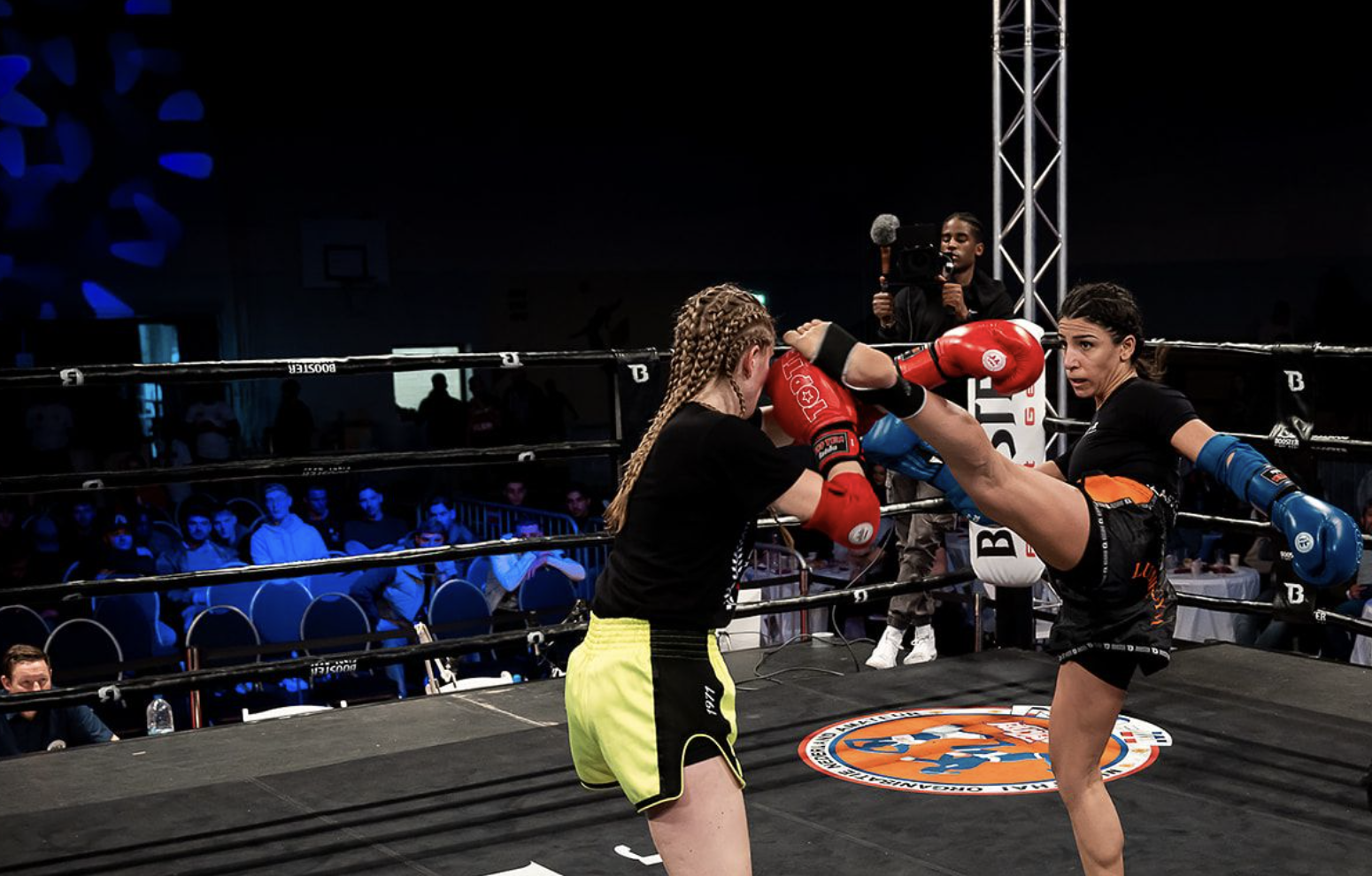
Karatorak credits her success not only to personal determination but also to the strong support of her coaches.
“My coach Stephan Giebels, a former soldier from the Netherlands, supports me in all training sessions, including extra sessions, always keeping an eye on my progress and helping with everything,” she said.
Furthermore, her grappling coach, Mimoun Arbaoui, has also played an important role in her development, especially in refining her technical skills. “He’s helped me a lot, especially with learning how to do things the right way.”
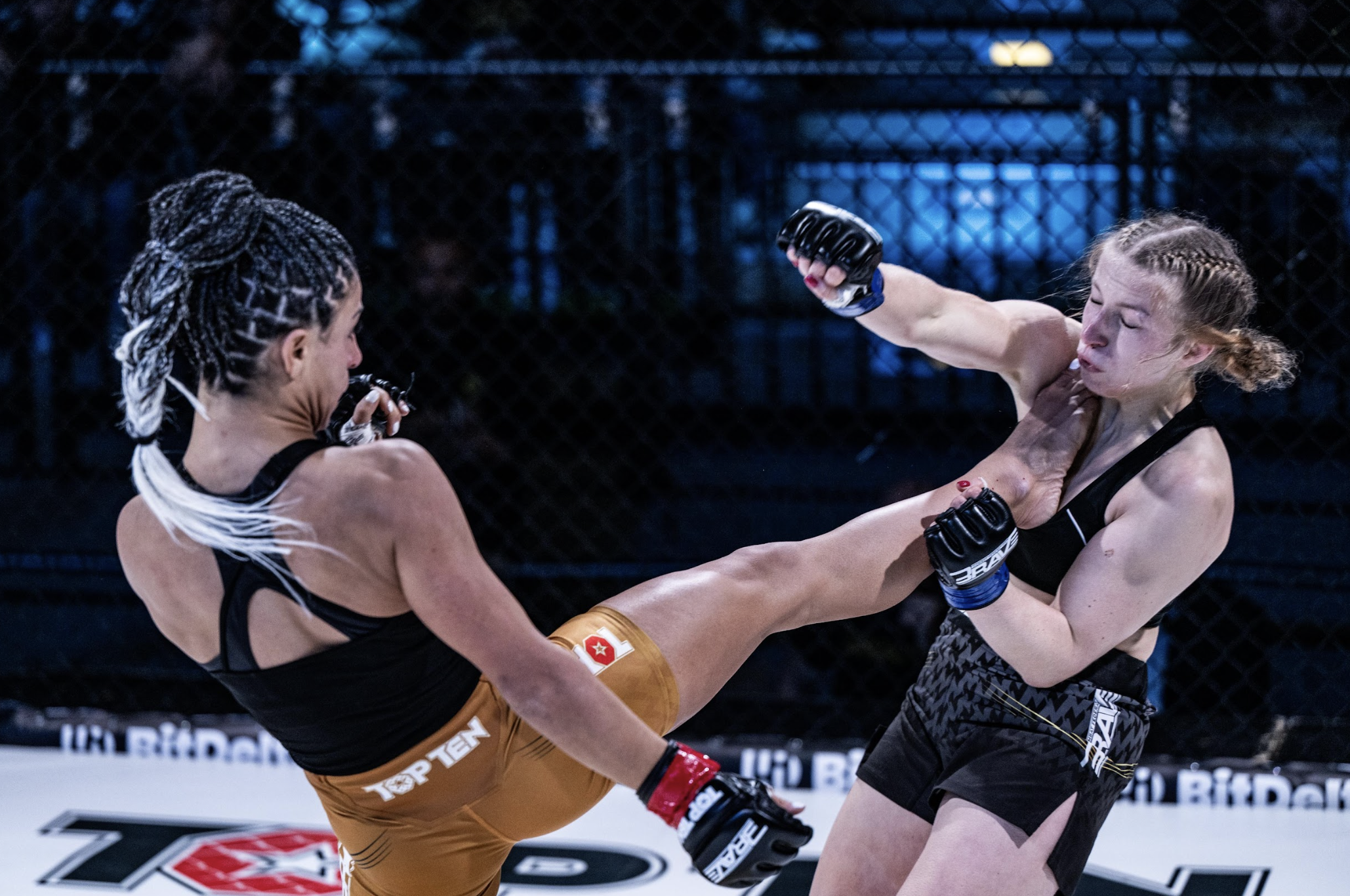
The warrior nation
While Karatorak continues to rack up achievements, she also faces challenges closer to home. “My family is proud of me,” she explained, “but they also think it’s difficult for a woman to do [MMA] for a long time and that it is time to stop now.” Regardless, Karatorak remains undeterred.
As a proud Kurd, she sees her fighting career as more than just personal achievement. It is also a form of cultural representation and pride.
“I love to raise our beautiful (Kurdish) flag. It’s a part of me, as well as the German flag. I’m born and raised in Germany, so it’s the other side of me,” she said. Balancing her dual identity, Karatorak sees no conflict between being German and Kurdish, only strength and purpose in both.
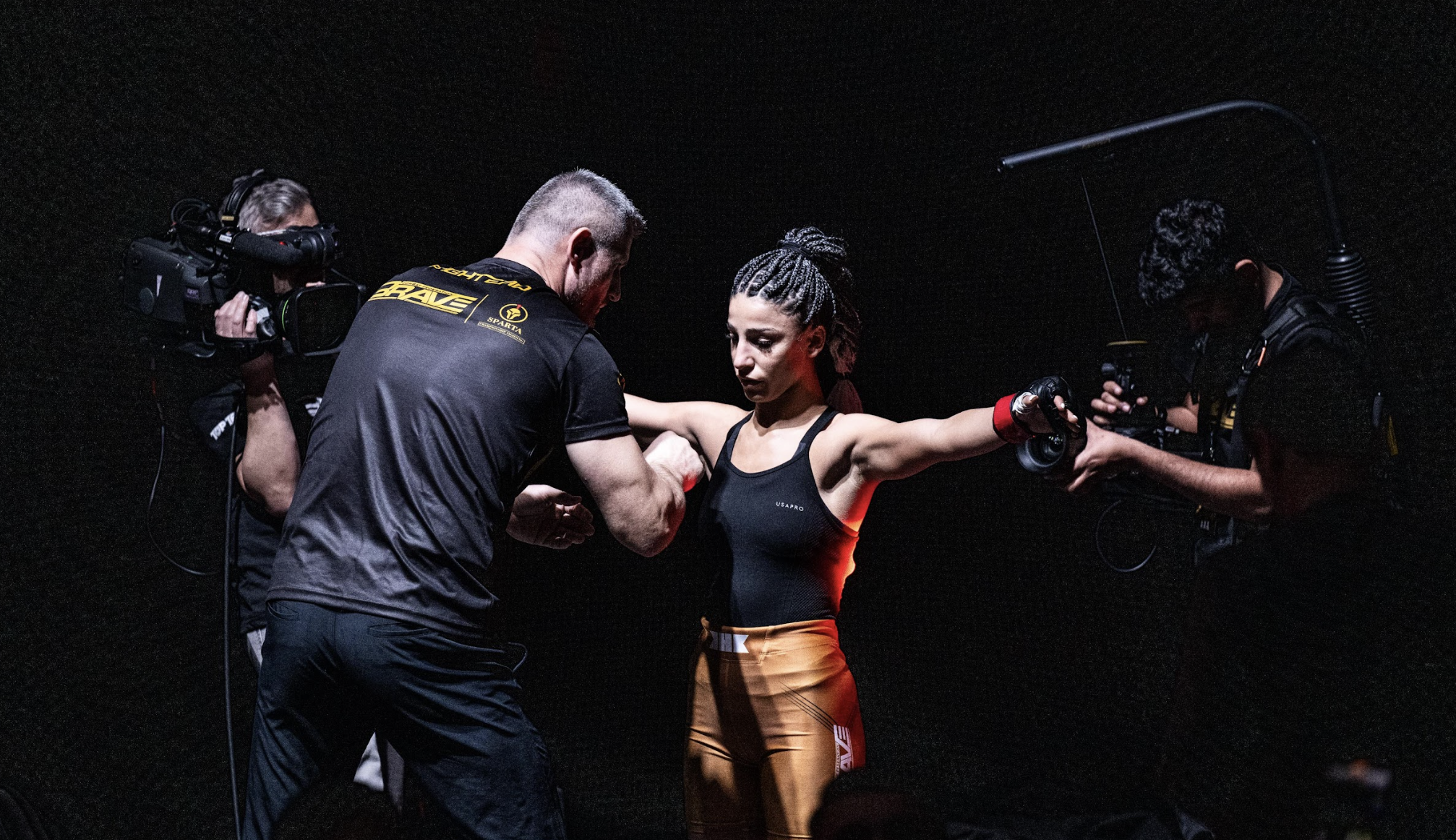
In a world where Kurdish women are often seen through the lens of political struggle or historical victimhood, Songul Karatorak offers another powerful image – that of a fighter and a survivor, breaking traditional gender roles in the diaspora.
“I like to show that we Kurds produce great fighters, and especially great women fighters. I show the warrior nation,” she concluded.
Wladimir van Wilgenburg is a seasoned reporter and analyst who specializes in Kurdish affairs, and holds a Master’s degree in Kurdish studies from Exeter University, UK

